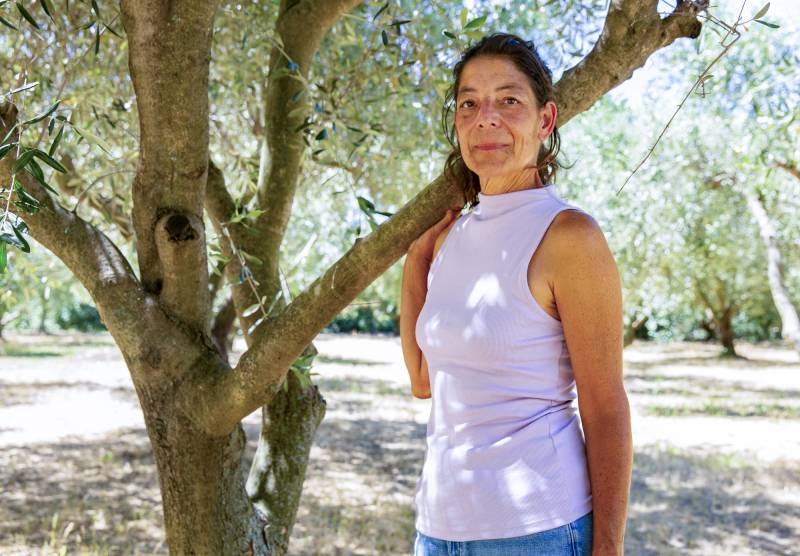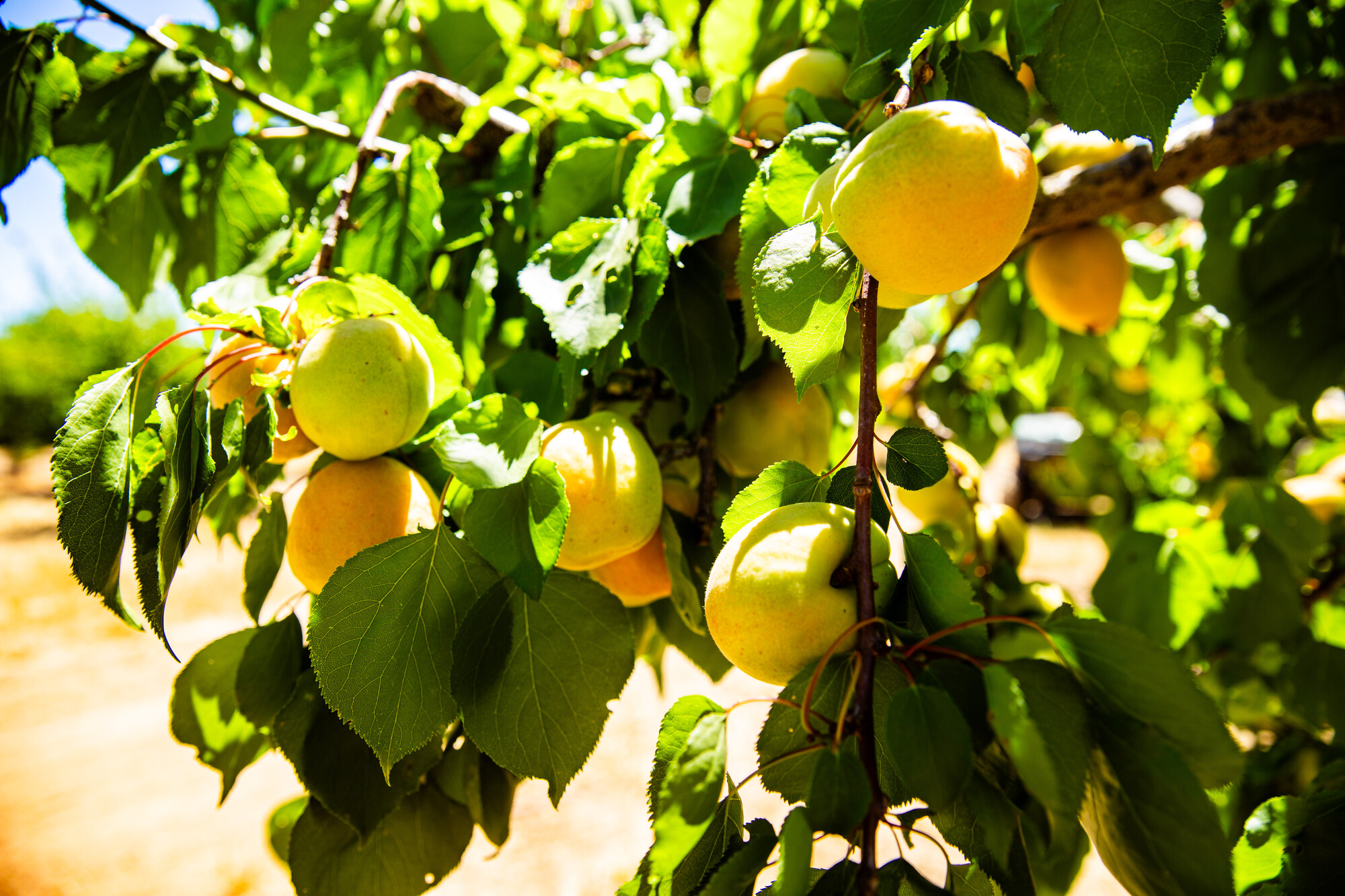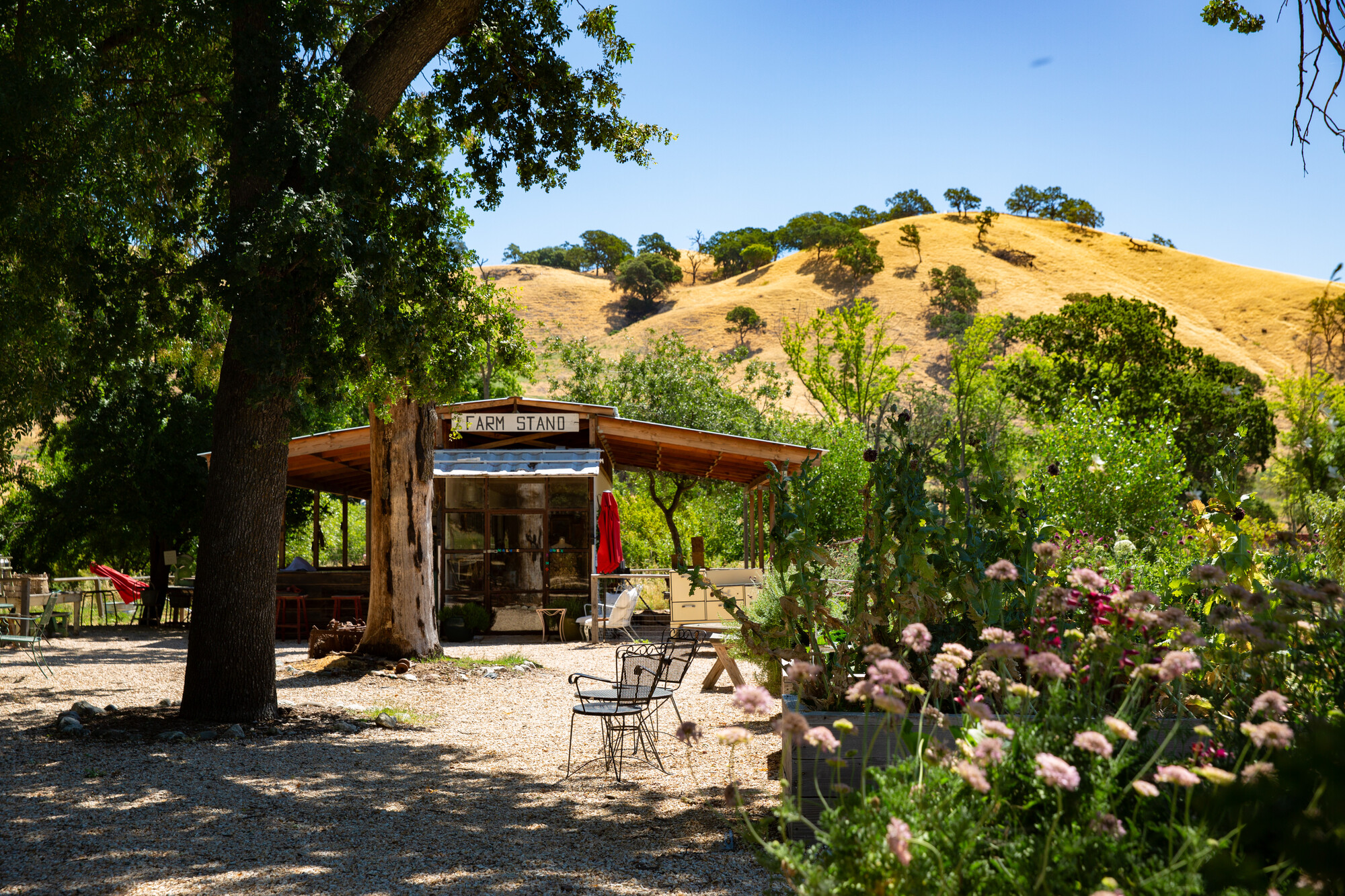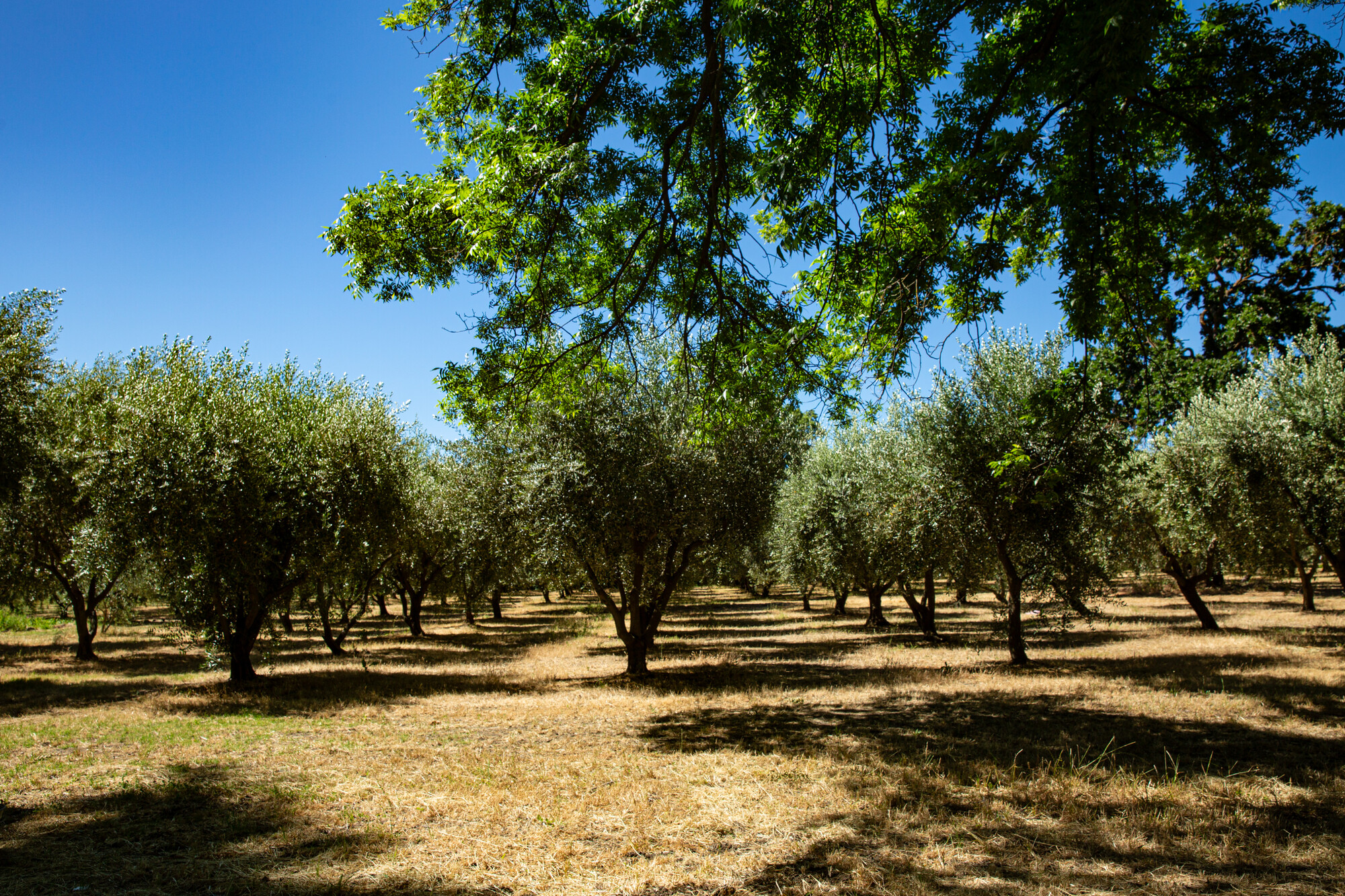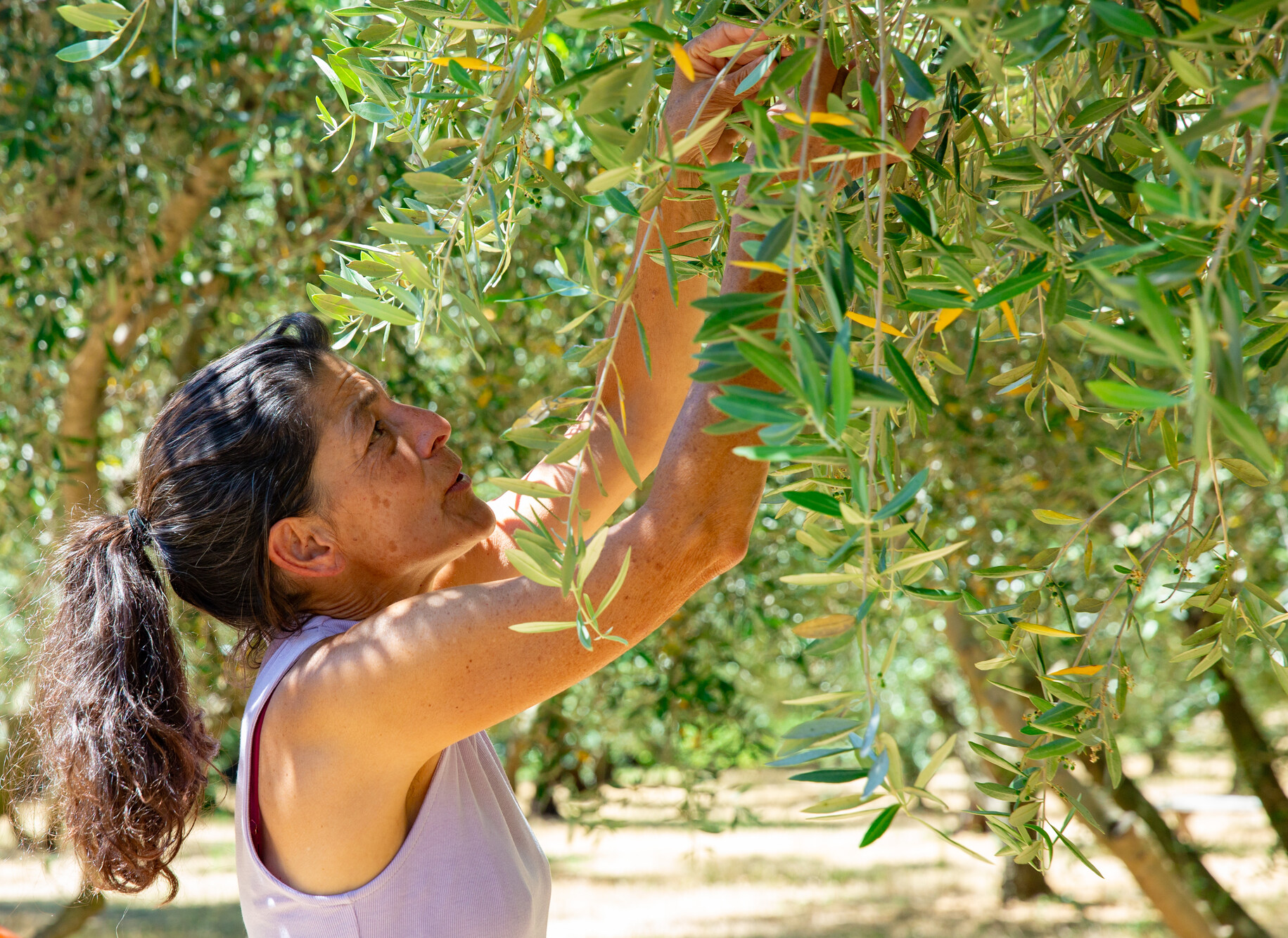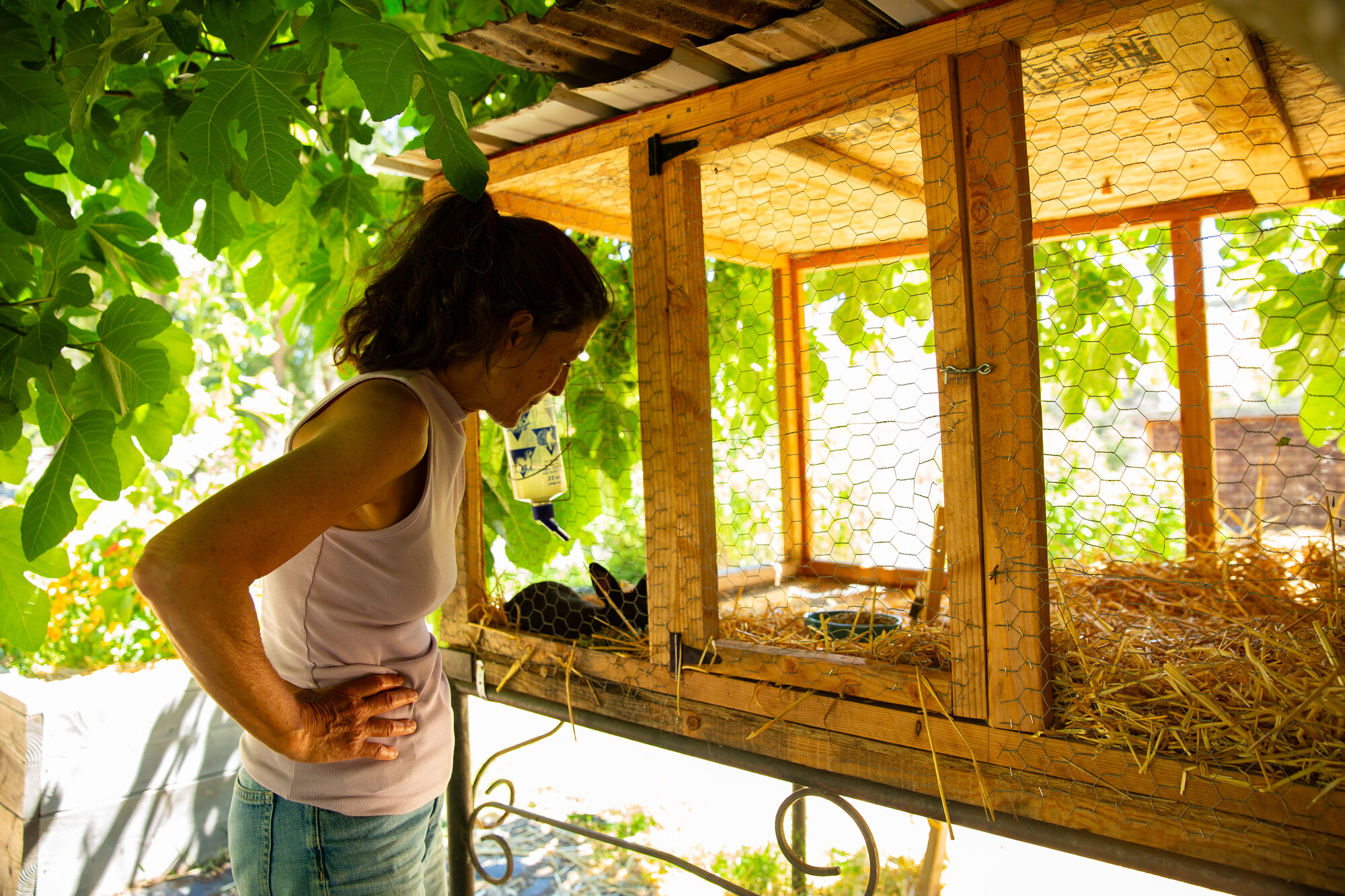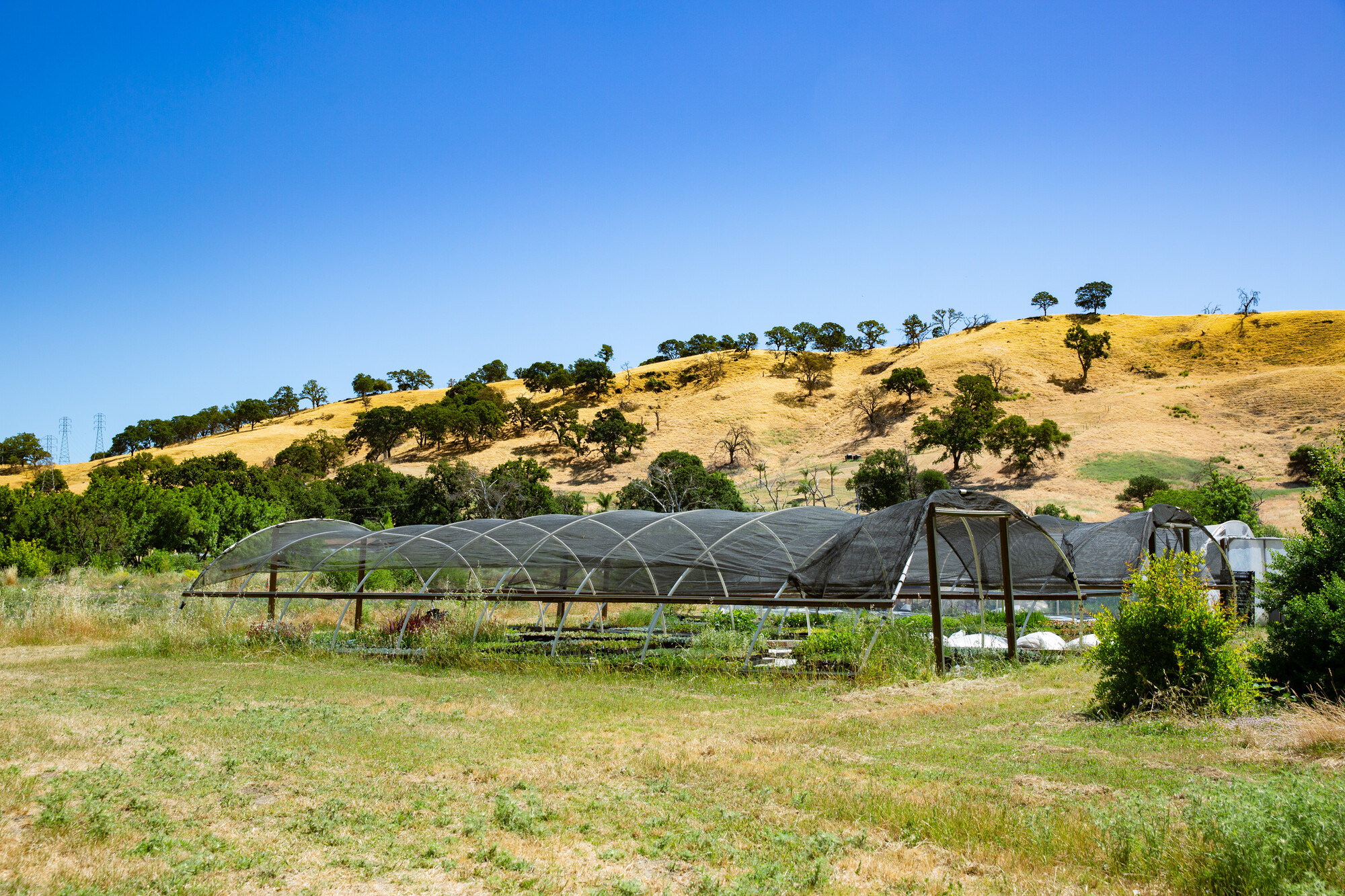Will Brazelton holds many jobs: He runs a company that fixes farm fences, operates heavy machinery on construction sites, manages wildlife and pests on nearby farms, and even occasionally manages fruit stands.
He does it all to keep running Brazelton Ranch, a generations-old stone fruit and citrus orchard.
“Farming’s in my blood, I can’t really turn away from it,” he said.
Just a few miles north from Brazelton’s 80-acre orchard, Rob Nickelson runs KMS Farm, named after his three daughters: Keeley, Molly and Samantha. His farm is not as old as Brazelton’s, but he loves his job. He started growing walnuts there in the late 1990s and hopes to expand his offerings to other types of nuts someday.
“You have to have farms,” he said. “It’s the basics of our society.”
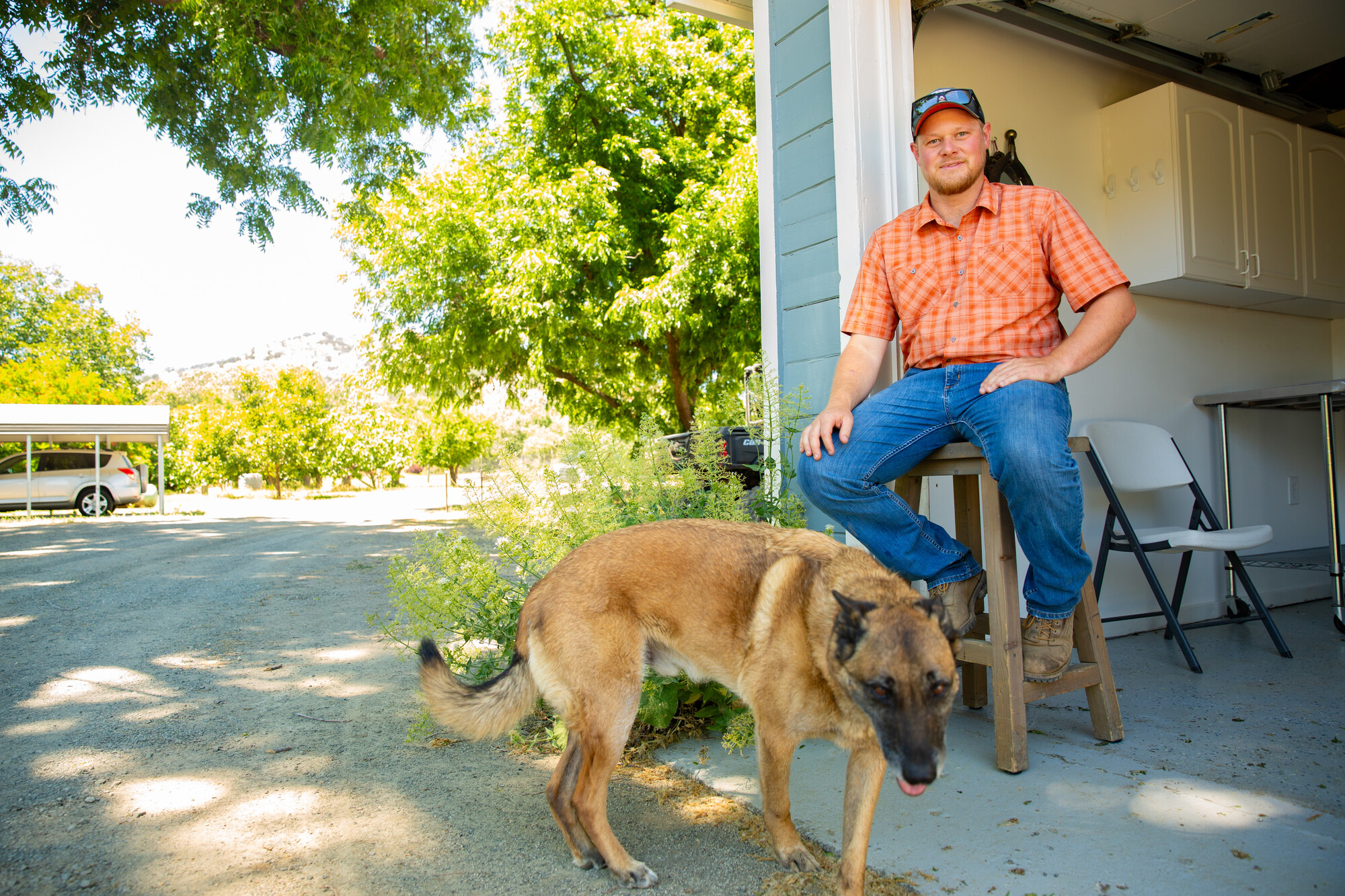
The two farmers share many of the same priorities for their businesses, but they’re split on how they see a billionaire-backed company’s proposal to build a city from scratch and what it means for the future of farming in their county.
Nickelson is optimistic the plan will add desperately-needed housing to the area and bring a more diverse array of jobs. But Brazelton and many other skeptics worry a new city would impact his farm, along with many others.
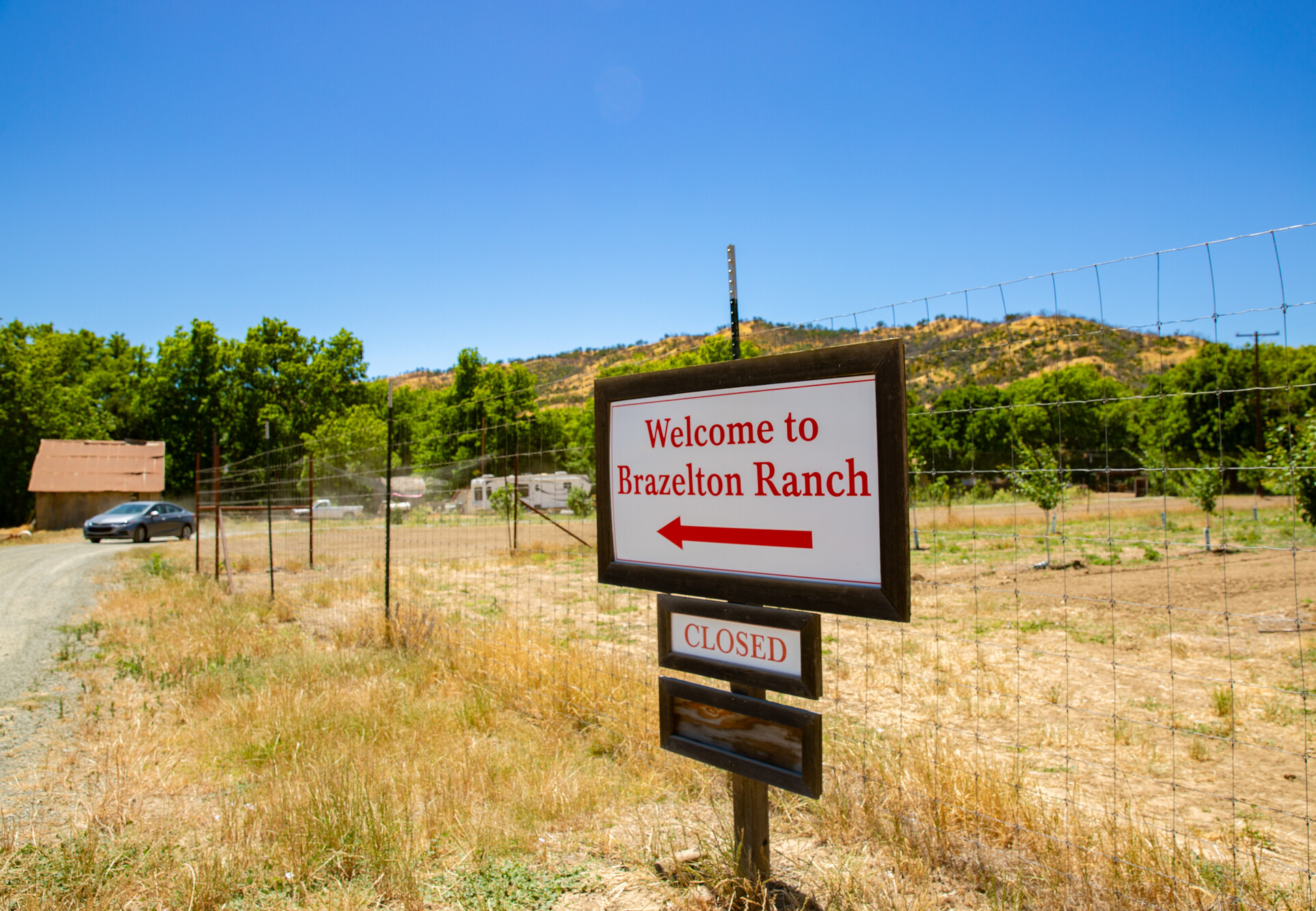
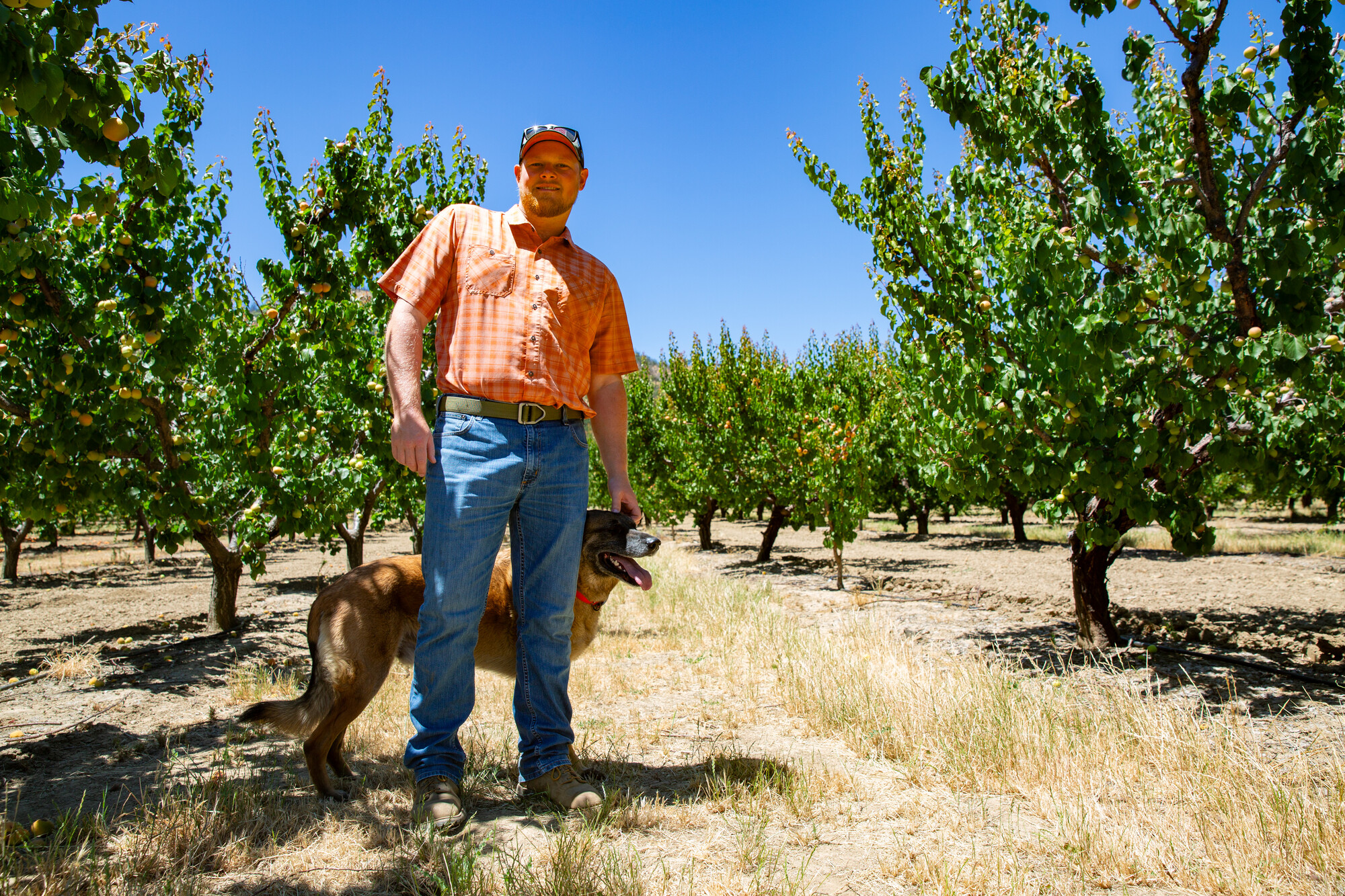
“Our community is actually a pretty small one, believe it or not, and many of the families that have been here a long time have been friends with each other for generations,” he said, adding that the company behind the plan, California Forever, didn’t make a great first impression. “They don’t actually care about the community that they’re essentially pushing out.”
California Forever’s ambitious development promises to house up to 400,000 people once it’s fully built, effectively doubling the county’s population. Earlier this year, the company announced the project would also add an estimated 15,000 jobs, some of which will come from 15 companies and start-ups that recently pledged to open offices there.
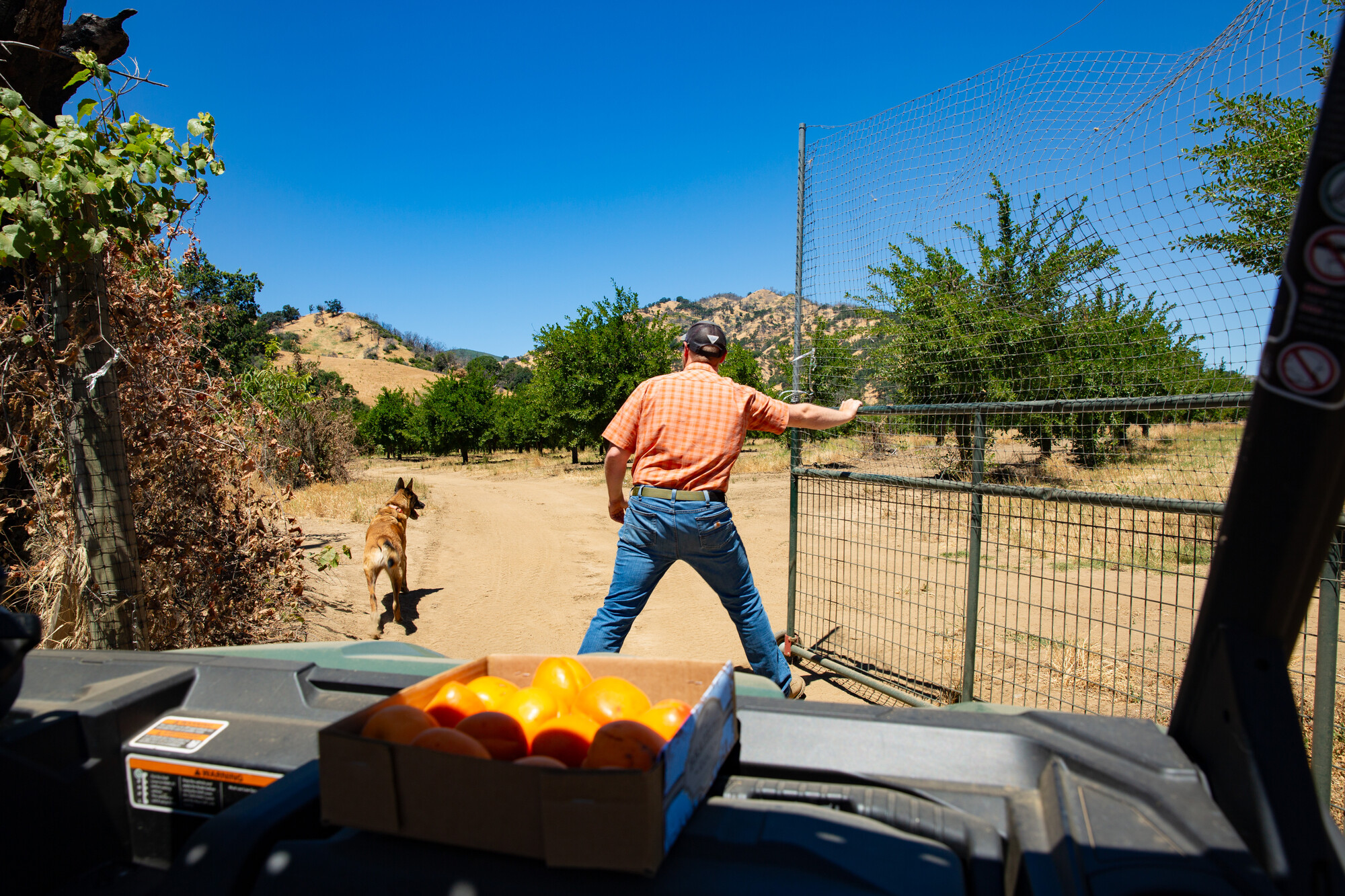
According to a recent study from business advocacy organization Bay Area Council, Solano County has the lowest ratio of jobs per resident out of the region’s nine counties. Nickelson hopes California Forever’s plan could change those statistics. He is so supportive of the company’s ballot measure, called the East Solano Plan, that he volunteered to appear in a campaign ad.
